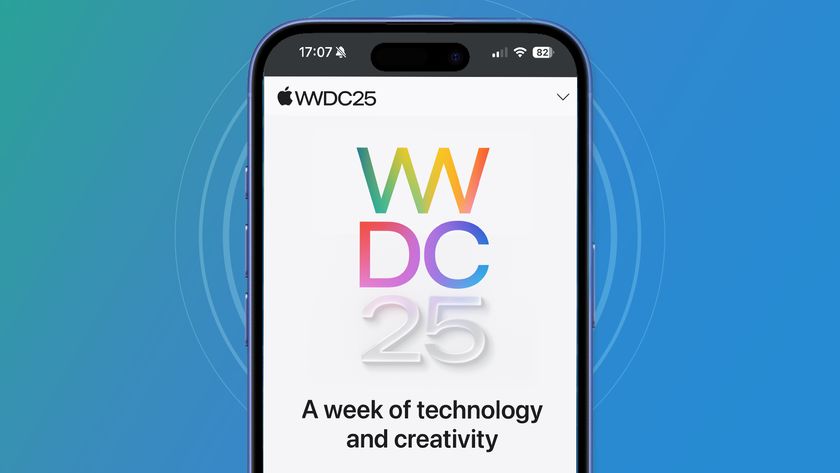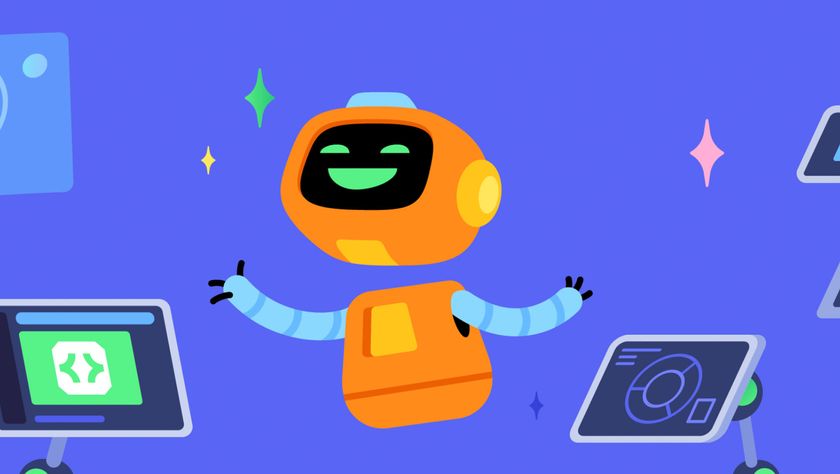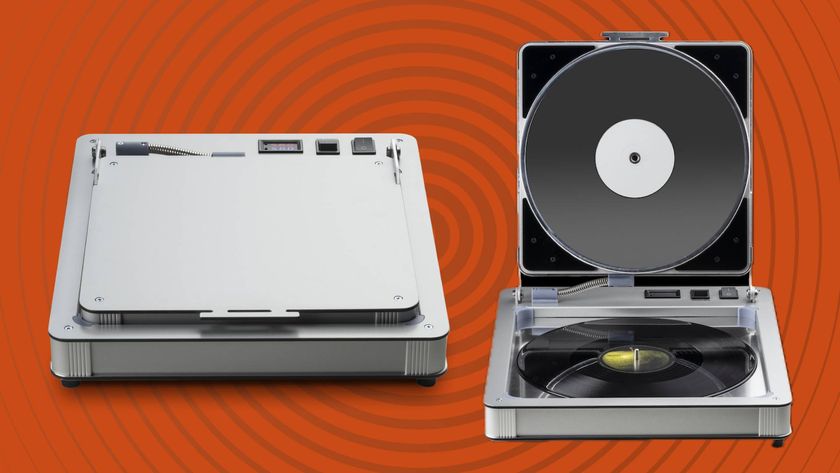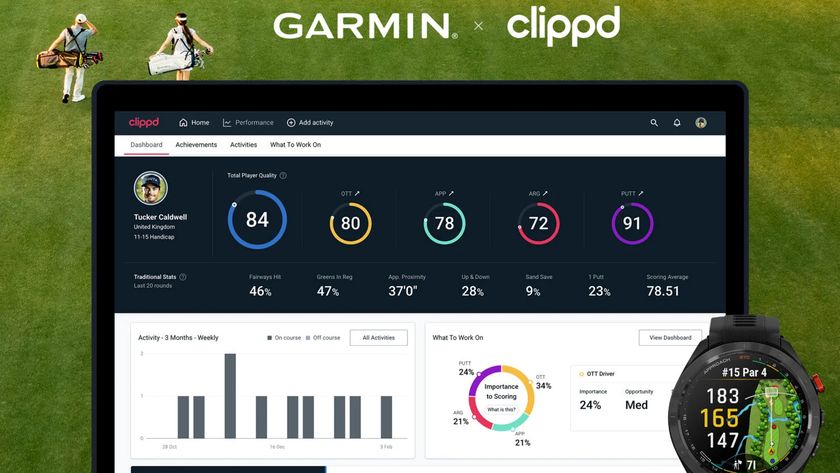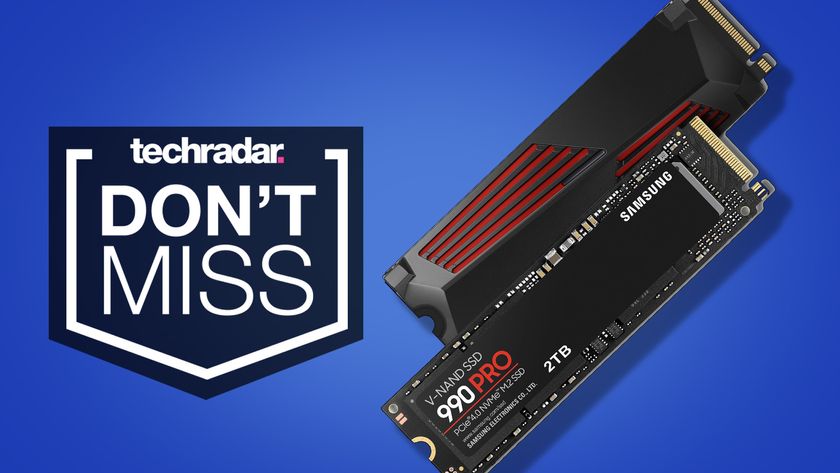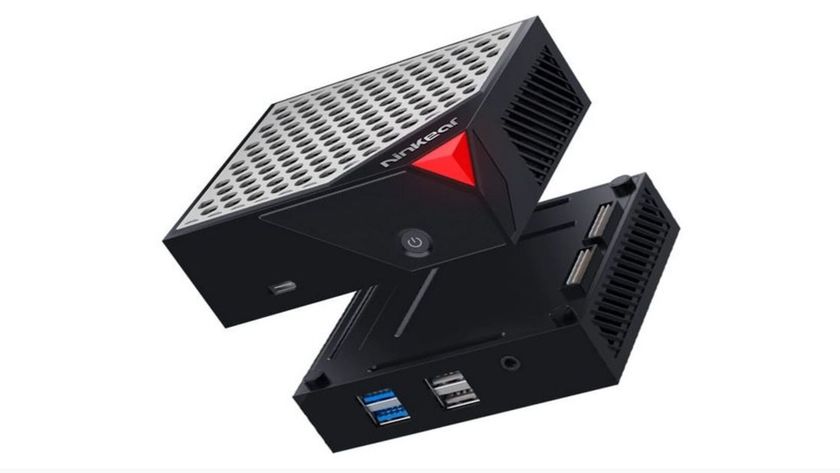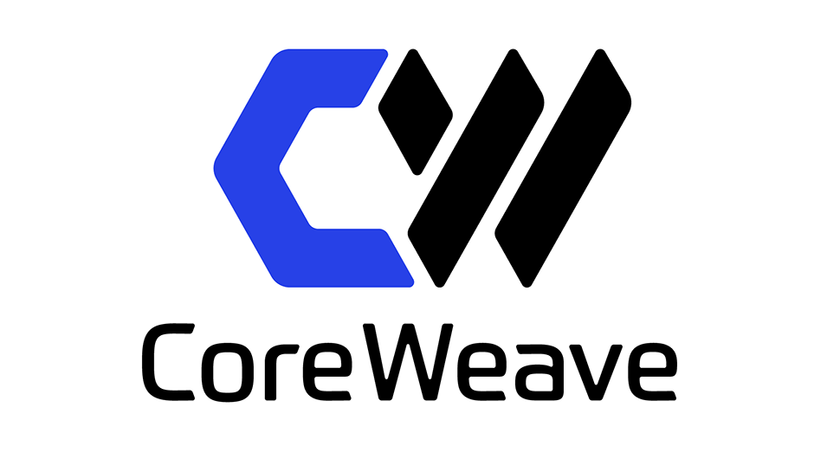Is the Linux desktop becoming extinct?
Going the way of the Dodo
He explains that this is because OEMs who build Windows machines in fact earn revenue from co-marketing, advertising cuts, and bundling antivirus and trial versions of software. These avenues just don't exist on the Linux desktop. So while Linux might not cost OEMs any money to download and install, Windows, despite its licensing cost, in fact brings in revenue for the OEMs.
Where's the marketing?
Both Meeks and Torvalds agree that even in cases when a Linux pre-installed desktop is available with a vendor, it'll miss the cursory glance of a buyer because of virtually non-existent marketing efforts. The average desktop user barely knows what Linux is, let alone the different distros beyond Ubuntu, Mint and Fedora. There has to be a concerted effort on the part of the desktop distros to make people aware of the alternatives at their disposal.
"It is, of course, possible for an excellent product to spread virally by word of mouth, clever volunteer marketing, and more - but it is hard work," writes Meeks. That said, word of mouth has got us as many users as it could, but to break through the mainstream and seize public consciousness, we need to exploit mainstream marketing avenues.
Meeks believes that "we may well already be more secure, more manageable, more easy to upgrade, and lower cost, but unless consumers know about us - with the best will in the world, they can't choose us."
And we aren't just talking about throwing money at flashy advertising on the high street. Marketing desktop Linux is also about creating awareness. One way of doing so is by changing the IT curriculum in schools, which in many countries is still biased towards specific applications. So, instead of producing discerning desktop users, the system keeps churning out ones who are unaware of the other alternatives.
Linux as a framework
Arguably the biggest reason for the laggard pace of the Linux desktop is that there is no 'one' Linux desktop. Beyond Windows and Mac OS X, there's Ubuntu Linux, Fedora Linux, Linux Mint and hundreds of other options. The equation is complicated further by the choice of desktops and other components that one can run on top of them.
Linux, it seems, has an identity crisis. For a long time, we have relished the diversity and choice available on the Linux desktop, and counted it as a strength of the platform. But it's important to realise that when it comes to mainstream adoption, the lack of a unified front is actually a hindrance. In fact, this is something Torvalds agrees with: "Well, yes, some things would be easier if there was no choice".
Get daily insight, inspiration and deals in your inbox
Sign up for breaking news, reviews, opinion, top tech deals, and more.
As he explains in that interview, Torvalds was never interested in using the Linux trademark to create a default Linux environment. Nor was the Linux Standard Base (LSB). But if you look at Android, it uses Linux as a framework, on top of which it assembles a standardised set of components that make up its releases.
The purists may cringe all they want, but Google's strategy seems to have worked on mobile gadgets, such as smartphones and tablets. Now it seems Canonical is trying to replicate this arrangement on the desktop and other devices with Ubuntu.
The distro has its own desktop (Unity), its own app store (Ubuntu Software Center), its own cloud-based storage and music service (Ubuntu One), and only supports its own Ubuntu-branded kernel. In fact, some of the features for its upcoming Ubuntu 13.04 release will be developed behind closed doors and later released as open source, much like Android releases.
Traditionalists and geeky Linux users have bickered about this, but Canonical's strategy seems to be working. They are the officially-supported distro by almost every third-party developer porting their wares to Linux, such as the recently-announced move by Valve Software, that is porting Steam to Linux.
With almost two decades of writing and reporting on Linux, Mayank Sharma would like everyone to think he’s TechRadar Pro’s expert on the topic. Of course, he’s just as interested in other computing topics, particularly cybersecurity, cloud, containers, and coding.
